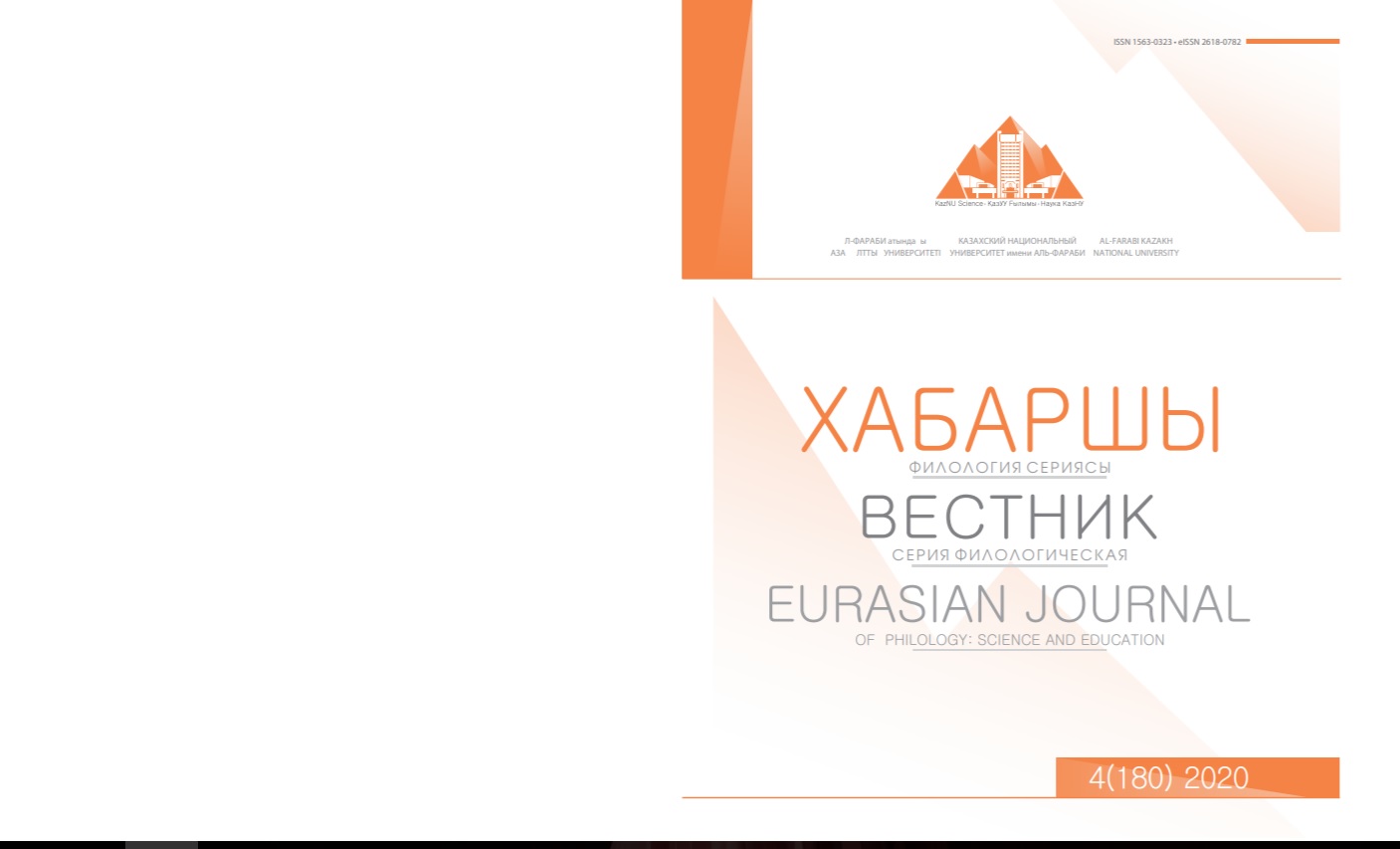Teaching language disciplines for master’s students of language specialties
DOI:
https://doi.org/10.26577/EJPh.2020.v180.i4.ph30Abstract
In this article some aspects of teaching foreign language, within the framework of educational programs for postgraduate training of master’s students are considered. The content of the educational program “Foreign Philology” has allowed us to analyze two theoretical disciplines “Theory of Assimilation of a Second Language”, “Speech Influence and Intercultural Communication”, which, we believe, are in high priority and necessary for the future research and professional activities of postgraduates in this direction. Based on a comprehensive study of linguistic fossilization, the basic concept in the acquisition of a non-native language, it was determined that this process largely explains the difficulties that may be encountered in the future. The issue of the relationship between language and culture is an integral part of the study of modern philology. Therefore, special attention is paid to the cultural aspects that characterize the target language. The idea is substantiated that educational programs in foreign language, in particular the educational program on specialty “Foreign Philology”, largely make contribution to the development of specialists as competent, creative and in-demand experts, whose professionalism is determined both by linguistic, sociolinguistic and psycholinguistic skills, and the ability to operate with the methods of teaching foreign languages. Consequently, the content of the program should be based on a competence-based approach, which includes a set of principles that determine the goals of education, its structure, as well as an assessment of the educational process.






